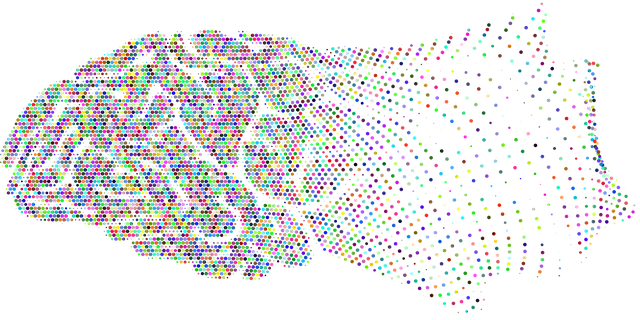Greenwood Village emphasizes emotion regulation as a cornerstone of successful therapy, focusing on teaching individuals to identify and manage emotions effectively for long-term recovery. Through structured programs, mental health professionals guide clients in creating personalized risk management plans with healthy coping strategies, reducing reliance on harmful behaviors or substance abuse. Techniques like mindfulness and cognitive reframing promote emotional control and resilience, while specialized Crisis Intervention Guidance enhances overall well-being, transforming lives through better coping strategies and improved relationships.
Emotion regulation is a crucial skill for navigating life’s challenges. The Greenwood Village Drug Abuse-Substance Abuse Therapy Approach offers a proven method for understanding and managing emotions effectively. This article provides an in-depth guide to this technique, exploring its underlying principles and a comprehensive set of skills. We delve into practical strategies for teaching and implementing these techniques in everyday life, empowering readers with tools to foster emotional well-being and resilience.
- Understanding Emotion Regulation: The Greenwood Village Drug Abuse-Substance Abuse Therapy Approach
- Techniques for Effective Emotion Management: A Comprehensive Guide
- Teaching and Implementing These Skills in Everyday Life: Strategies for Success
Understanding Emotion Regulation: The Greenwood Village Drug Abuse-Substance Abuse Therapy Approach

Understanding Emotion Regulation is a cornerstone of effective therapy, especially within the framework offered by Greenwood Village Drug Abuse-Substance Abuse Therapy. This approach recognizes that emotions play a significant role in our behaviors and decisions, particularly in substance abuse and mental health issues. Therefore, teaching individuals to recognize and manage their emotions is vital for long-term recovery and overall well-being.
The Greenwood Village methodology emphasizes the development of coping skills as a means to enhance emotional regulation. Through structured programs, mental health professionals guide clients in creating personalized risk management plans, empowering them to navigate challenging situations with healthier responses. By integrating these strategies into daily life, individuals gain better control over their emotions, reducing the likelihood of resorting to harmful behaviors or substance abuse as coping mechanisms.
Techniques for Effective Emotion Management: A Comprehensive Guide

Emotion regulation techniques are a crucial aspect of mental health and wellness. A comprehensive guide to effective emotion management involves several strategies that can be learned and practiced. One key method is mindfulness, which encourages individuals to focus on the present moment, observe their emotions without judgment, and accept them as they are. This practice helps in reducing reactivity to intense feelings and fosters a sense of calm.
Additionally, cognitive reframing is a powerful tool where one challenges negative thought patterns and replaces them with more realistic and positive ones. This technique, often coupled with stress reduction methods like deep breathing exercises or meditation, can significantly improve emotional resilience. For those dealing with substance abuse or mental health issues, Greenwood Village Drug Abuse-Substance Abuse Therapy offers specialized Crisis Intervention Guidance and Risk Management Planning tailored to address specific challenges. These evidence-based approaches empower individuals to navigate through difficult emotions, ultimately leading to improved overall well-being.
Teaching and Implementing These Skills in Everyday Life: Strategies for Success

Teaching emotion regulation skills is a powerful tool for individuals to navigate life’s challenges and promote overall mental wellness. When implemented effectively, these techniques can transform lives, fostering better coping strategies and enhancing relationships, especially in communities like Greenwood Village where drug abuse-substance abuse therapy is readily available.
Success lies in integrating these skills into everyday routines. Mental wellness coaching programs can play a pivotal role here. By incorporating conflict resolution techniques and coping skills development, individuals learn to manage intense emotions productively. For instance, simple mindfulness exercises or deep breathing techniques during moments of stress can significantly impact one’s ability to respond calmly. These strategies, when practiced regularly, become automatic, enabling individuals to cope with difficult situations more adaptively.
Emotion regulation techniques, as exemplified by the Greenwood Village Drug Abuse-Substance Abuse Therapy Approach, offer a powerful toolset for managing mental health and well-being. By understanding emotional responses and employing effective strategies, individuals can navigate life’s challenges with greater resilience. Techniques like mindfulness, cognitive reappraisal, and acceptance have been extensively proven to enhance coping abilities. Through practical application in everyday settings, these skills foster personal growth and improved relationships, ultimately leading to a more balanced and fulfilling life.














